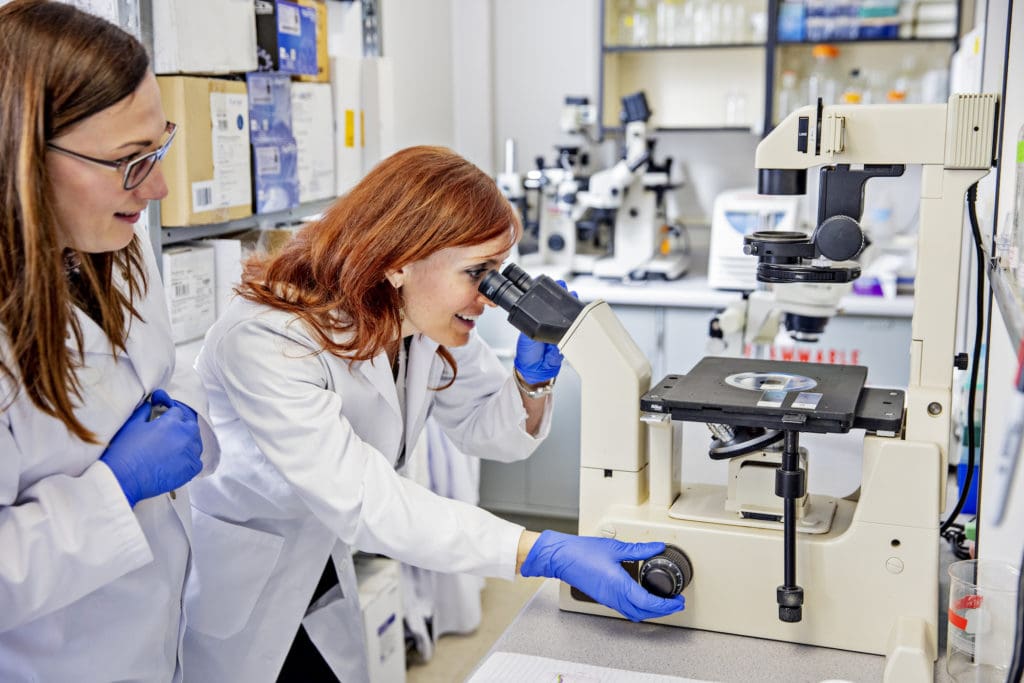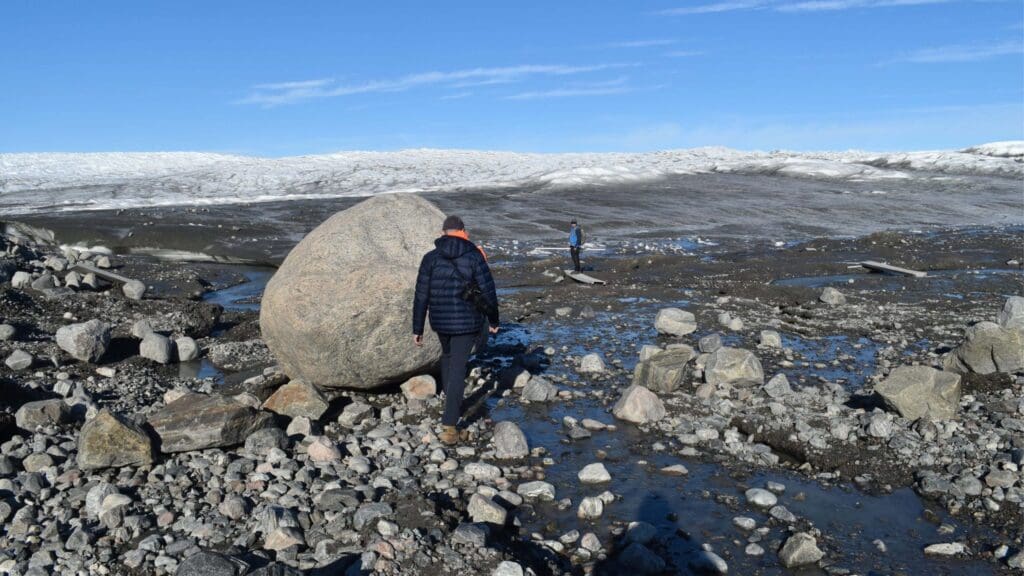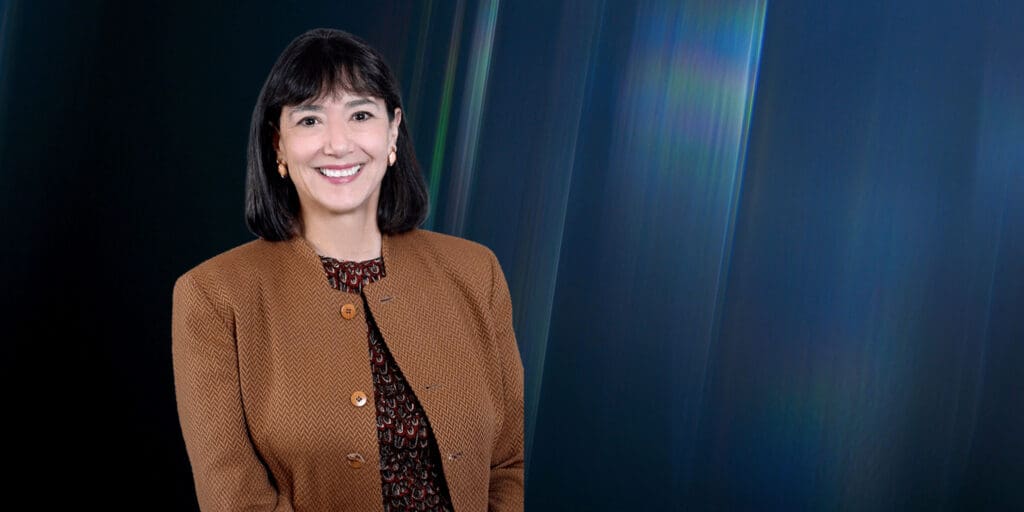October 18, 2023
U sets up groundbreaking nanofab network to jumpstart semiconductor industry
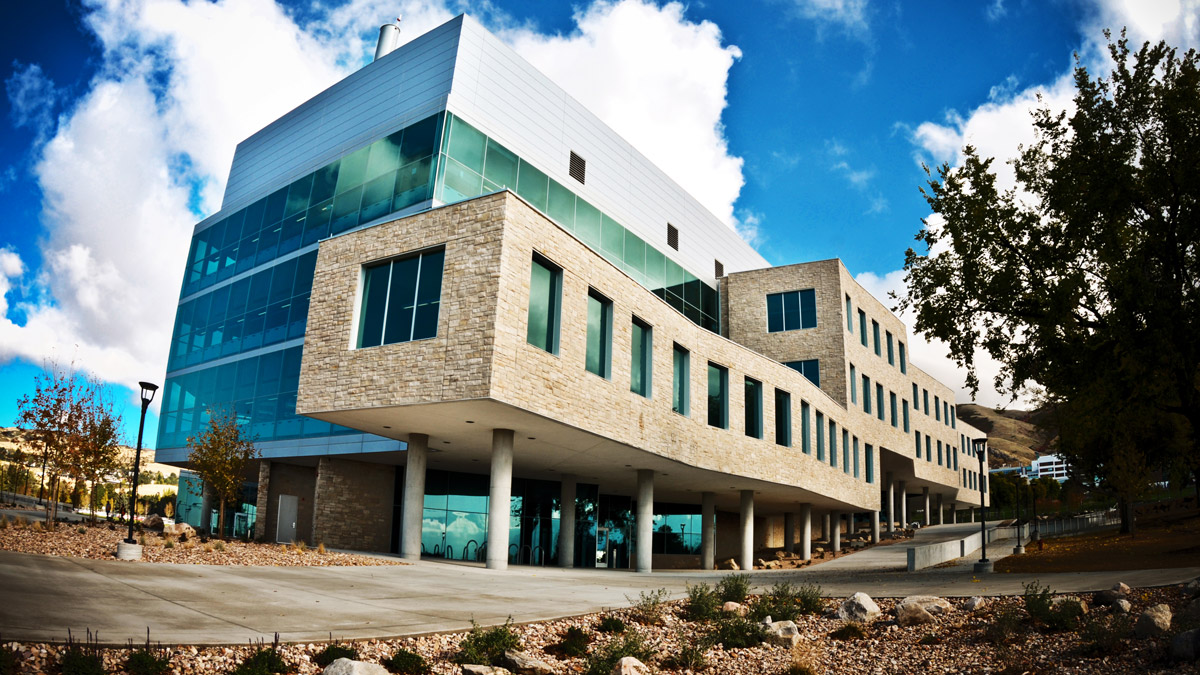
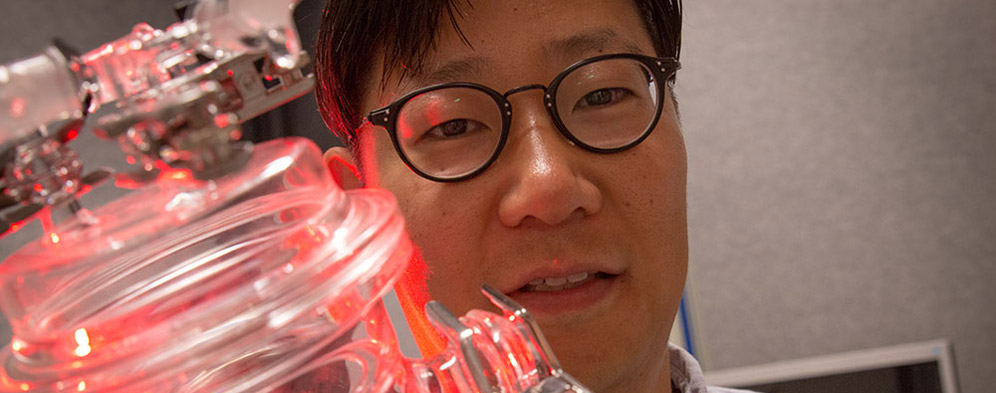
Hanseup Kim, professor of electrical and computer engineering will oversee Utah Network for Integrated Computing and Semiconductor Research and Education (UNICOS).
EVAN LERNER – COLLEGE OF ENGINEERING
Capitalizing on a boom in the nation’s semiconductor industry following the passage of the 2022 CHIPS Act, the University of Utah has launched the Utah Network for Integrated Computing and Semiconductor Research and Education (UNICOS).
The organization, which consists of state-wide partnerships between institutions of higher education, governmental bodies, and members of private industry, will help develop Utah’s semiconductor workforce and increase its access to key technological infrastructure.
University President Taylor Randall announced the launch of UNICOS at an event for 47G.org, the new name of the Utah Defense and Aerospace Association. The harsh environments of aerospace applications require highly specialized computer chips and other electronics; UNICOS promises to be a pathway toward shortening their supply chains.
“A well-aligned semiconductor workforce is necessary for both academia and industry,” said Randall. “This network lays the foundation to elevate Utah as a national leader in the field.”
UNICOS is led by Director Hanseup Kim, professor in the John and Marcia Price College of Engineering’s Department of Electrical and Computer Engineering (ECE), and Deputy Director Berardi Sensale-Rodriguez, associate professor in ECE.
Kim is also the director of the Utah Nanofab, the largest facility dedicated to semiconductor research and development in the Northwest. Advances in computing hardware depend on semiconducting materials and exerting increasingly precise control over their nanoscale features. The microscopy instruments in the Utah Nanofab’s Surface Analysis Lab and fabrication tools in its Cleanroom are critical to fundamental research conducted by U faculty, and already support more than 100 external industry members.
Partnerships enabled through UNICOS will expand access to these tools and subsidize their operating costs, reducing the need for local academic institutions and industry members to independently purchase and maintain this expensive equipment.
“Ultimately,” Kim says, UNICOS will become a research platform that fosters collaboration between scientists and engineers across the state, whether they are in academia or industry. But we need to train those researchers first.”
To that end, the Utah Nanofab will support UNICOS’ educational arm, the Utah Semiconductor Training Center. Students and employees across Utah will have new opportunities for hands-on learning with Nanofab faculty and technical staff, gaining necessary experience working in sterile cleanroom environments and with some of the most advanced technical equipment in the nation.
Before training onsite, UNICOS will offer a certificate program, with “stackable” classes aimed at providing a solid foundation for young students interested in careers in this area, as well as for professionals without semiconductor backgrounds who are looking to transition into the industry.
UNICOS’ academic partners will also develop curricula — with content that spans from high school to Ph.D.-level classes — that will help prepare the next generation of Utah’s semiconductor workforce.
These academic partners include Utah Valley University, Southern Utah University, Utah State University, Utah Tech University, Brigham Young University, Salt Lake Community College, Snow College, Weber State University, and Mountainland Technical College.
Several industry partners will also be part of the UNICOS network, including Micron, Lockheed Martin, L3Harris, Merit Sensor, Silicon Technologies, Inc., and Blackrock Neurotech.

